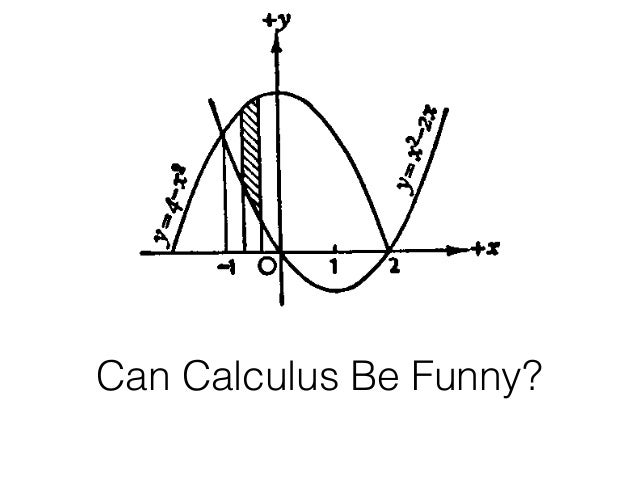

The question all fans should be asking isn’t why are they changing the layout of the infield. The image above shows the new (white) and old (gray) locations of second base. With the rule change, second base will be moved so that one of its vertices will be coincident with the fourth vertex of the infield square, finally bringing a state of geometric consistency to the game that I, for one, believe is long overdue. “But I remembered the eggs!”Īccording to the official rules of baseball, one vertex from first base, third base, and home plate are to be coincident with three vertices of the infield square but, the center of second base is to be coincident with the fourth vertex. “So I put ketchup on the list, but then I couldn’t read the other items!” Sam says. “Remember how you told me to put ketchup on the list?” replies Sam. But then she notices he hasn’t bought anything else and asks, “Where are the rest of the things we needed?” “Because before I left, you told me to buy a gallon of milk, and then you said, ‘If they have eggs, buy a dozen.’ And they had eggs.” Sam comes home from the grocery store with twelve gallons of milk. Staying with the theme, let’s end this post with a logic joke of sorts… Under what shape has the prize been hidden?Įnjoy solving those puzzles. They are asked a third time, “What about now?” They are asked a second time, “Do either of you know where the prize is hidden now?” They are asked, “Do either of you know where the prize is hidden?” One of the people is told the color, and the other is told the shape, but they are not allowed to share their information with each other. They are told that a prize has been placed under one of the shapes.

Two people are shown the following five shapes: Can you figure out the three children’s ages?Ī slightly different IDK Puzzle involves geometric shapes.

This puzzle is typical of the genre, in that it appears there is insufficient information, but those who persist will be rewarded. While saying good-bye, the first neighbor thinks, “Ah, now I know their ages.” “I’m sorry,” says the other, “I can’t talk anymore, because I have to take my oldest child to the dentist,” and then leaves. The first neighbor again replies, “I still don’t know their ages.” “Well,” says the other, “the sum of their ages is equal to our street address.” The first neighbor says, “I still don’t know their ages.” The other says, “The product of their ages is 72.” One asks the other, “I know you have three children, but how old are they?” The first time I had that feeling occurred after solving a logic puzzle about three children’s ages that I discovered in a Martin Gardner book now many years later, I don’t remember the title of the book, and the following is my best recollection of the puzzle: Borrowing from texting culture, I’ve taken to calling these IDK Puzzles.Įvery math person remembers the first non-routine problem they solved and, more importantly, the feeling they experienced when solving it. Not sure why that’s funny? There’s an explanation at Logic puzzles in which a protagonist states, “I don’t know!” are ubiquitous.


 0 kommentar(er)
0 kommentar(er)
